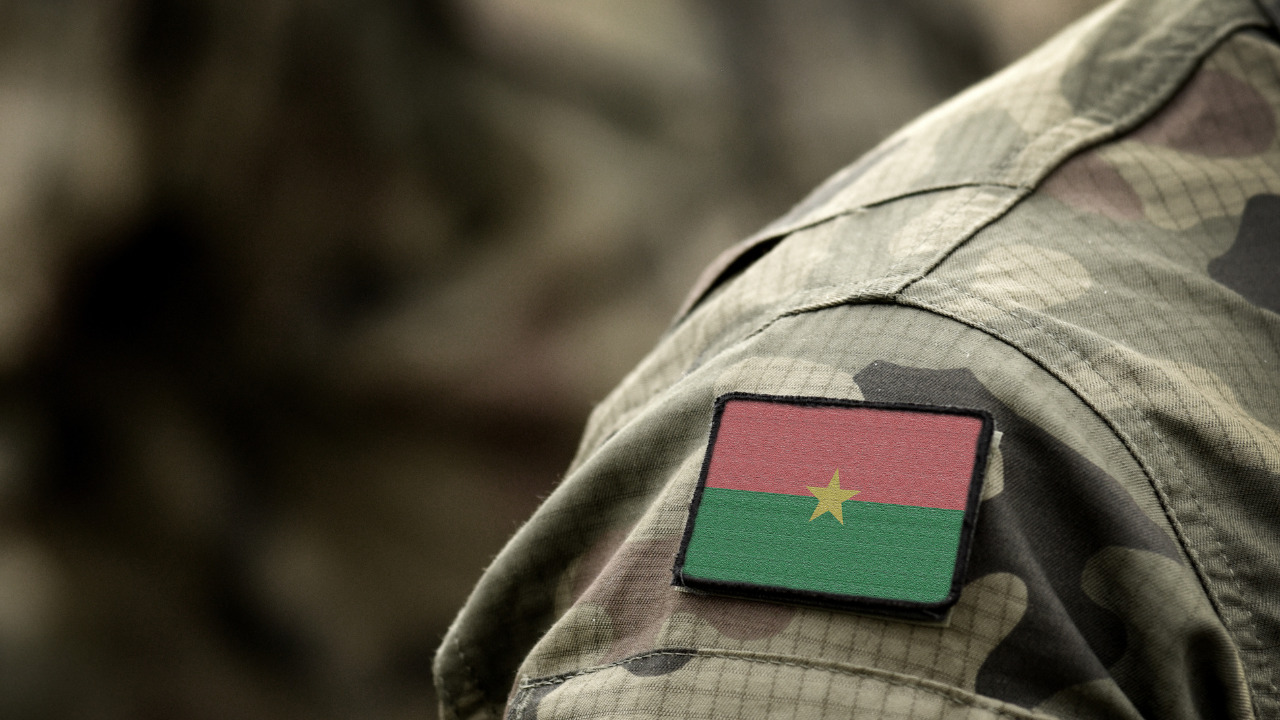Date first published: 11/10/2022
Key sectors: all
Key risks: terrorism; political violence; political instability; policy uncertainty
Risk development
On 30 September Captain Ibrahim Toure launched a coup in the capital Ouagadougou and deposed military leader Lieutenant-Colonel Paul-Henri Damiba. By midnight, Toure dissolved the transitional government and suspended the constitution. Toure’s putsch came just nine months after Damiba toppled the previous government in a similar fashion. Both Toure and Damiba cited the country’s worsening security environment as the primary reason for their respective coups.
Why it matters
The deteriorating security environment and growing anti-French sentiment are among the main drivers for the coup. Damiba was perceived as leaning too heavily on its defence partner France – a source of disgruntlement among soldiers and the local population due to long-standing grievances. Upon assuming power, Traore falsely accused Paris of sheltering deposed President Damiba, which encouraged protesters to attack the French embassy in Ouagadougou. Traore’s supporters have called on the new leader to seek the support of Russia like neighbouring Mali did following its November coup. While Russian operatives have been active in Mali for nearly a year, the security environment there remains poor as militant groups increase the rate of attacks against security forces and local populations.
The prolonged political instability will provide the regional Al Qaeda affiliate, known as Jama’at Nusrat al-Islam wal Muslimeen (JNIM), and the IS-aligned Islamic State Sahel Province (formerly ISGS) a new opportunity to exploit the turmoil in Ouagadougou. Militant groups have gained influence in rural territories by exploiting local grievances and filling the void in the absence of a government authority.
Background
Damiba overthrew the democratically elected government of Roch Marc Christian Kabore in January 2022, promising to improve the security environment. However, Damiba failed to deliver on his promises and stem the insurgency. Under the Damiba presidency, attacks intensified, militants blockaded towns and villages in the north and east, attacked supply convoys, and the military government continued to lose control of territories in the country. Moreover, there were more than 610 attacks and 567 fatalities in the first 100 days of his term.
The coups came as militant groups consolidate their core territories and spread to new areas. In June a fact-finding mission by the Economic Coalition of West African States (ECOWAS) found that the military government only controlled 60 per cent of the country’s territory. JNIM has captured large swathes of territory and is in the process of isolating towns and villages to implement its version of shari’a through parallel governance in rural areas. Meanwhile, IS Sahel, which primarily operates on the tri-border region of Burkina Faso, Mali and Niger, is attempting to carve out territorial holdings along the border region.
Risk outlook
The new Burkinabe junta will likely seek new security partners, though closer ties with Russia threaten to isolate the country from West African states and the international community. Moscow has sought closer ties with West African countries wracked by insecurity by offering military arms and support. Countries that are relying on Russian support, such as Mali, are becoming increasingly isolated and only maintain support from a limited group of countries. In 2022 the ECOWAS sanctioned Mali and Guinea following their coups to expedite a return to civilian rule. To avoid a similar fate, the new military junta will likely play a careful balancing act to avoid political, security and economic isolation.

